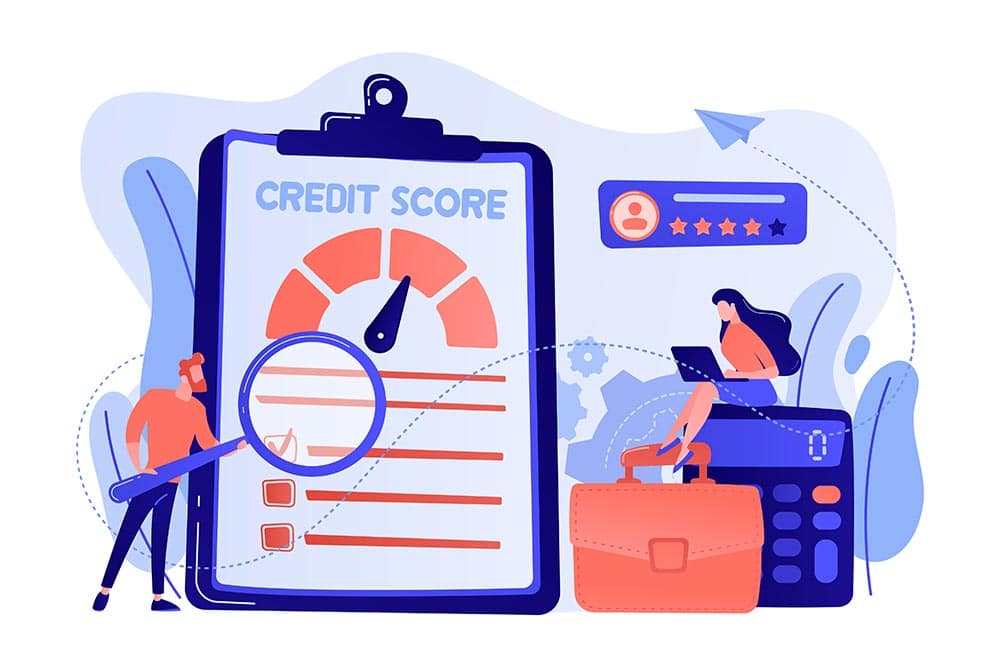Learn how to pay off high-interest loans with these 4 useful tips.
In Quebec, it’s common for people to accumulate various types of debt, such as student loans, car loans, and mortgages, to finance their education and assets. Upon entering the workforce, they must make timely monthly payments on their loans, which can be challenging due to rising living costs and reduced purchasing power. Nevertheless, it’s crucial to pay off these loans as soon as possible to improve your credit rating. Here are some tips for paying off high-interest loans.
- Start paying off your debts as soon as possible
While some loans offer a grace period of several months before repayment begins, any interest accrued during that time is transferred to the borrower as soon as they take out the loan. If you’re capable of starting to repay your loan right away, you can make payments towards the interest. Which can help to lower the overall amount of interest you’ll pay and enable you to gradually pay off your loan more quickly.
The Debt Avalanche Method
Another approach is to use the debt avalanche method, a budgeting strategy that involves making minimum payments on all your debts and directing any additional available funds towards paying off the high-interest loans with each monthly payment.
The Debt Snowball Method
Another popular approach is known as the debt snowball method, which involves making minimum payments on all loans while using any additional funds to pay off low-interest loans first. By prioritizing easier debts, this strategy allows you to concentrate on tackling more challenging ones in the future.
Consider your loan repayment when you borrow
It may be tempting to prioritize paying off loans with higher interest rates, but it’s important to exercise caution as all debts have a repayment deadline. When taking out a new loan, such as a debt consolidation loan for bad credit or a credit card debt loan, it’s crucial to consider the repayment terms. You have to ensure that you can make the required payments without exacerbating your current debt situation.
Claim the tax credit for the interest paid on your loan
Annually, your financial institution issues a statement displaying the sum of your debt payments and the corresponding interest. By attaching this statement to your tax return, you can claim a deduction for the interest on your taxes or carry it forward to subsequent years, leading to savings that can be utilized to accelerate your debt repayment.
The radical method: adopt a student lifestyle while paying off the loan
When facing a significant amount of outstanding debt and aiming to quickly pay off high-interest debt, adopting a student lifestyle is a highly effective approach. This involves drastically reducing non-essential expenses and, if feasible, continuing to live with your parents for a period of several months. Additionally, taking on a second job can further prioritize paying off high-interest debt. While this approach requires making sacrifices, it can lead to paying off a five-figure debt within a year, provided that payments are made on time and healthy spending habits are maintained.
Be Responsible and Ask for Help
Paying off loans can be a long and arduous process for numerous individuals, often taking several years, or even a decade, to accomplish. By being financially responsible after entering the workforce, it’s typically feasible to pay off debt quickly, leading to significant relief and an improvement in credit score rating. However, if assistance is necessary to pay off loans, it’s advisable to negotiate a repayment deferral with the lender or seek aid from specialized centers.





